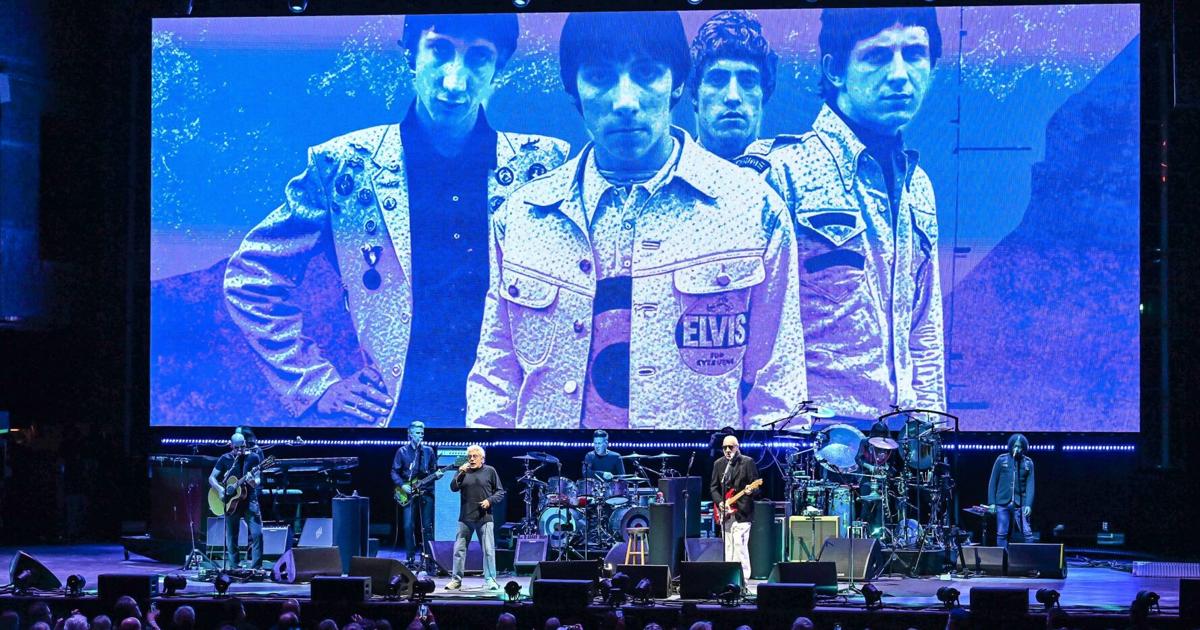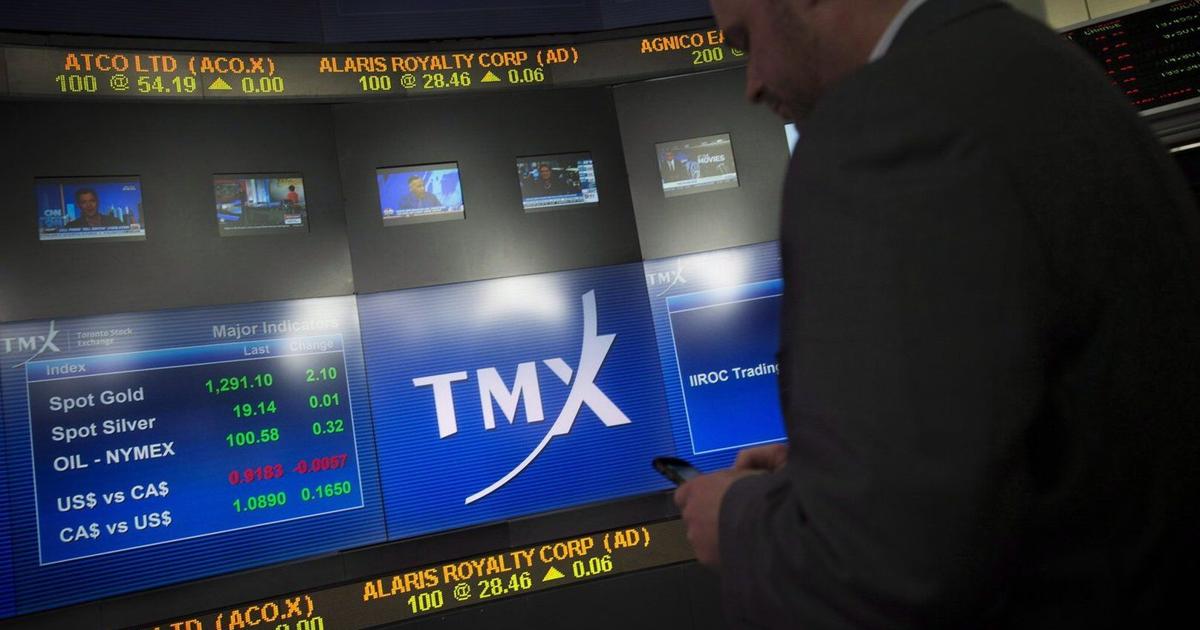For decades, Roger Daltrey, the Who’s golden-haired, microphone-wire-spinning frontman, has asked questions.
Who are you? How do you think he does it? What makes him so good? Why don’t you all f-f-f-fade away?
At Budweiser Stage Tuesday night, it was the audience’s turn to ask the question: Does The Who, they of raucous chords, aggressively lofty rock operas and instruments smashed to bits on stage, still have it as they embark on their farewell “The Song Is Over” tour?
The answer is a loud, resounding yes.
Supported ably by Tom Cochrane, who brought out Rush’s Alex Lifeson midway through his energetic albeit meandering opening set, 81-year-old Daltrey and the 80-year-old Pete Townshend muscled through a brisk, tight two-hour retrospective of their rowdy, strident career.
Despite what his age and history may suggest, Daltrey’s voice still has the definition, the grit, and the pulsating power that made him one of rock’s great vocalists. Over the course of one evening, he deftly conveys intimate emotion (“See Me, Feel Me”), biting cynicism (“The Seeker”) and dour melancholy (“Behind Blue Eyes”) without breaking a sweat.
There’s a certain dark, chronological irony in witnessing the everlasting stamina of a man who once told the world that he hopes he dies before he gets old, but Daltrey made it work, and it wasn’t lost on those who have a front-row seat to it all.
“This guy just gets better and better,” an awed Townshend exhaled following Daltrey’s climactic bellow on “Love Reign o’er Me.”
Townshend, for his part, is a far more measured and grandfatherly version of his past self. But his iconic windmills still pack a punch, and his lead playing retains its frenetic, tuneful melodicism even if, as his longtime bandmate insists, his hearing isn’t what it used to be.
“He can’t hear anything I’m saying,” Daltrey joked. “He can’t hear anything I’m singing!”
Though the spotlight shone firmly on Daltrey and Townshend, bassist Jon Button (Sheryl Crow, James Blunt) and drummer Scott Devours (Oleander, Ima Robot) did a solid, if unremarkable job replicating the rhythmic work of their long-revered predecessors. Keyboardist Loren Gold (Chicago, Don Felder) and Simon Townshend were, likewise, pleasant and forceful additions, even as portions of the night got ensnared in technical difficulties.
The setlist, though hefty enough, was by no means exhaustive; some of the band’s more tender cuts (“Blue Red and Grey,” “Imagine a Man”) were left unsung, while a few of their campier, cheekier tracks (“Squeeze Box,” “Boris the Spider”) were omitted.
But that hardly detracted from the overarching nature of the band’s ultimate goodbye. Their most ambitious arrangements still have power and gravity (“Baba O’Riley,” “Eminence Front”), and the simpler stuff continues to work just as it always has (“I Can’t Explain,” “My Generation”).
It felt complete, just as any sincere farewell should.
As he gazed back on the Who’s fledgling expeditions in his 2012 memoir, “Who I Am,” Townshend claimed he had little hope that the band would evolve past their simple roots and be anything more than an ephemeral, Mod-inspired R&B project bound to implode as soon as the sonic tides changed.
“We would chop away at our own legs,” he wrote of his thinking following the release of the band’s first hit in 1964.
As it turns out, he couldn’t have been more wrong.
The Who are an enduring rock institution and, while time may have taken some of the shine off their shoes — and drugs and alcohol taken half of their original ensemble — they’re still able to put together a show worthy of their palatial status.
“We are saying farewell,” Townshend said, before cracking a subtle, wry smile. “But we may come back in disguise as a completely new band.”
If the song is, in fact, truly over, it was a mighty fine one.



